Scientific Council
The Scientific Council represents esteemed scholars and professionals dedicated to shaping the academic and research landscape. It includes individuals with recognized expertise, who work to advance knowledge, promote research excellence, and provide guidance on the intellectual direction of the institution.
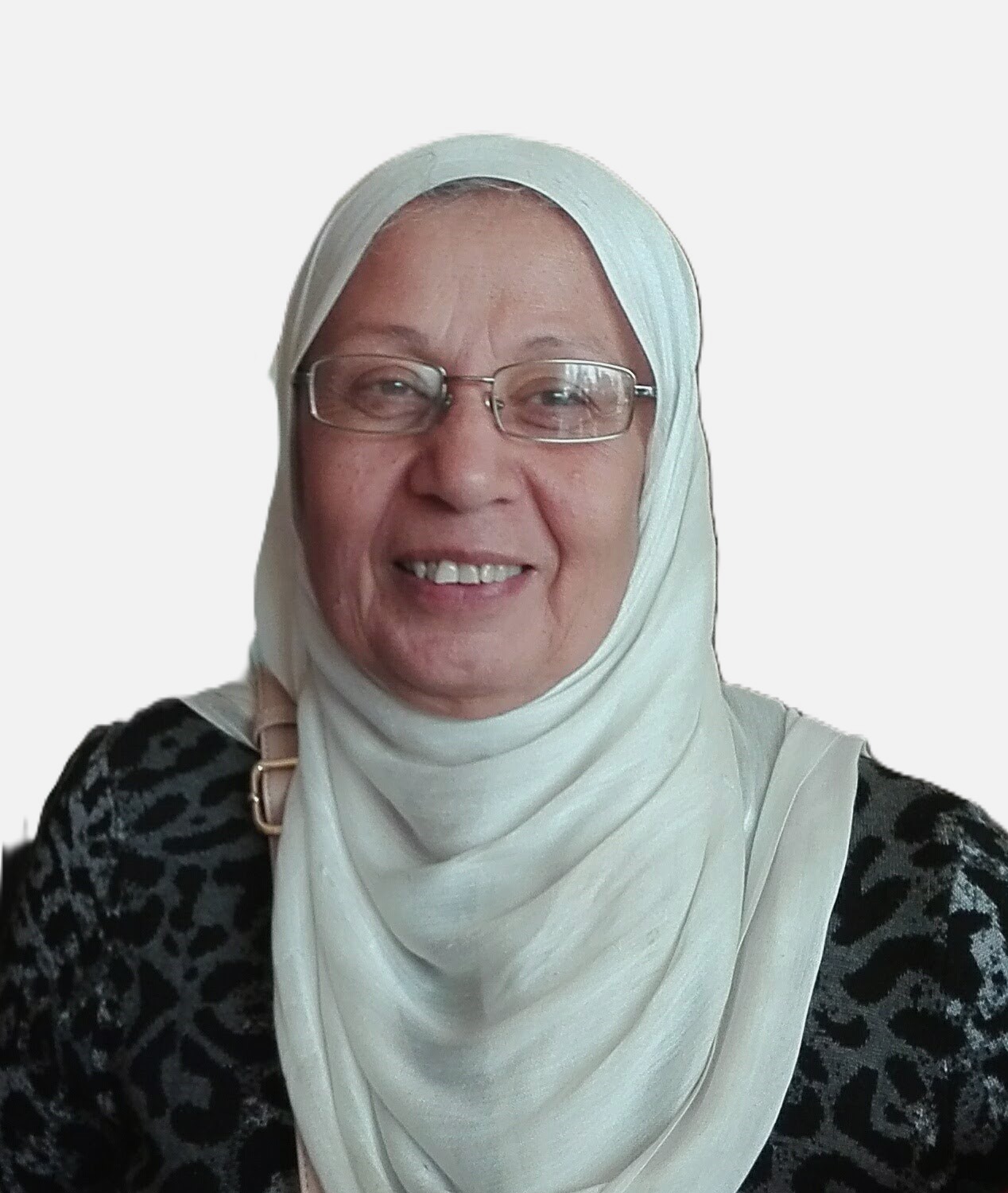
Chairperson for the Specialty Committee of Biosafety in Public Health Laboratories

Chairperson for the Specialty Committee of Leadership and Management
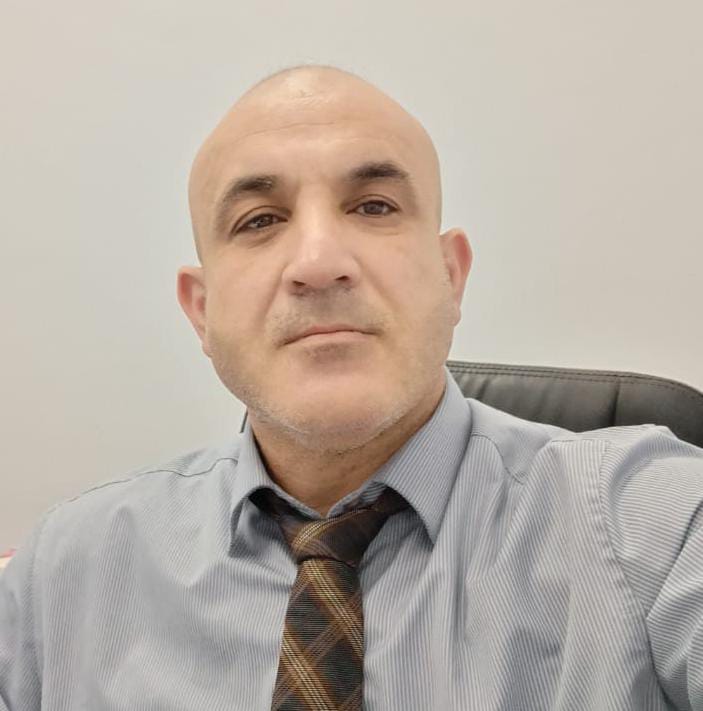
Chairperson for the Specialty Committee of Primary Health Care

Chairperson for the Specialty Committee of Non-communicable Diseases

Chairperson for the Specialty Committee of Environmental Health
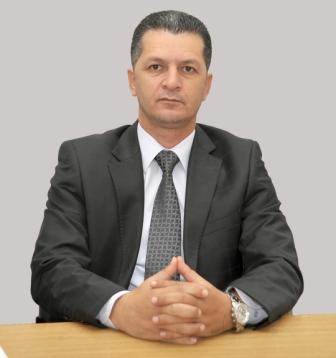
Chairperson for the Specialty Committee of Health Research and Studies

Chairperson for the Specialty Committee of Public Health
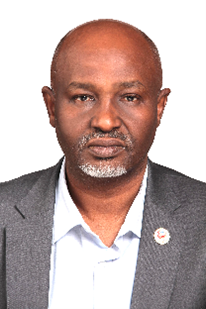
Chairperson for the Specialty Committee of Public Health Emergency Management
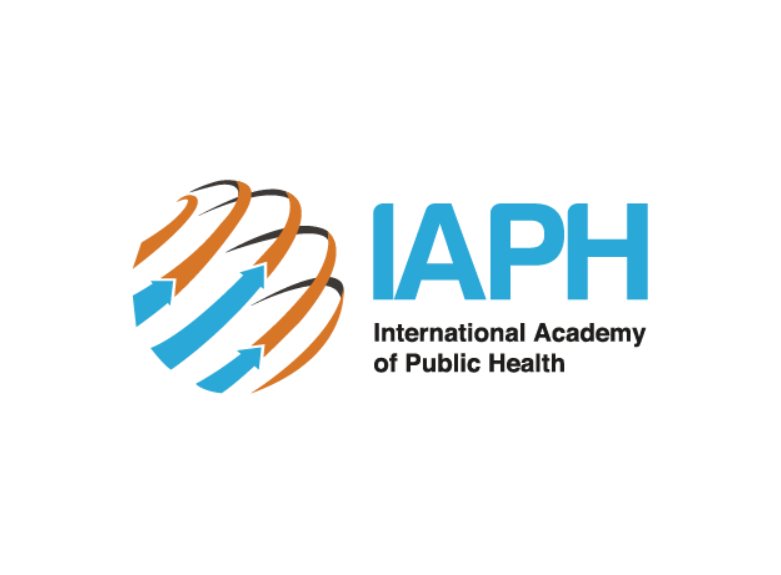
Chairperson for the Specialty Committee of Public Health Education
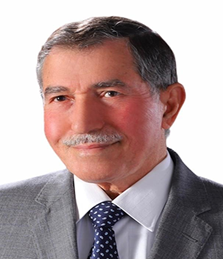
Chairperson for the Specialty Committee of Leadership and Management
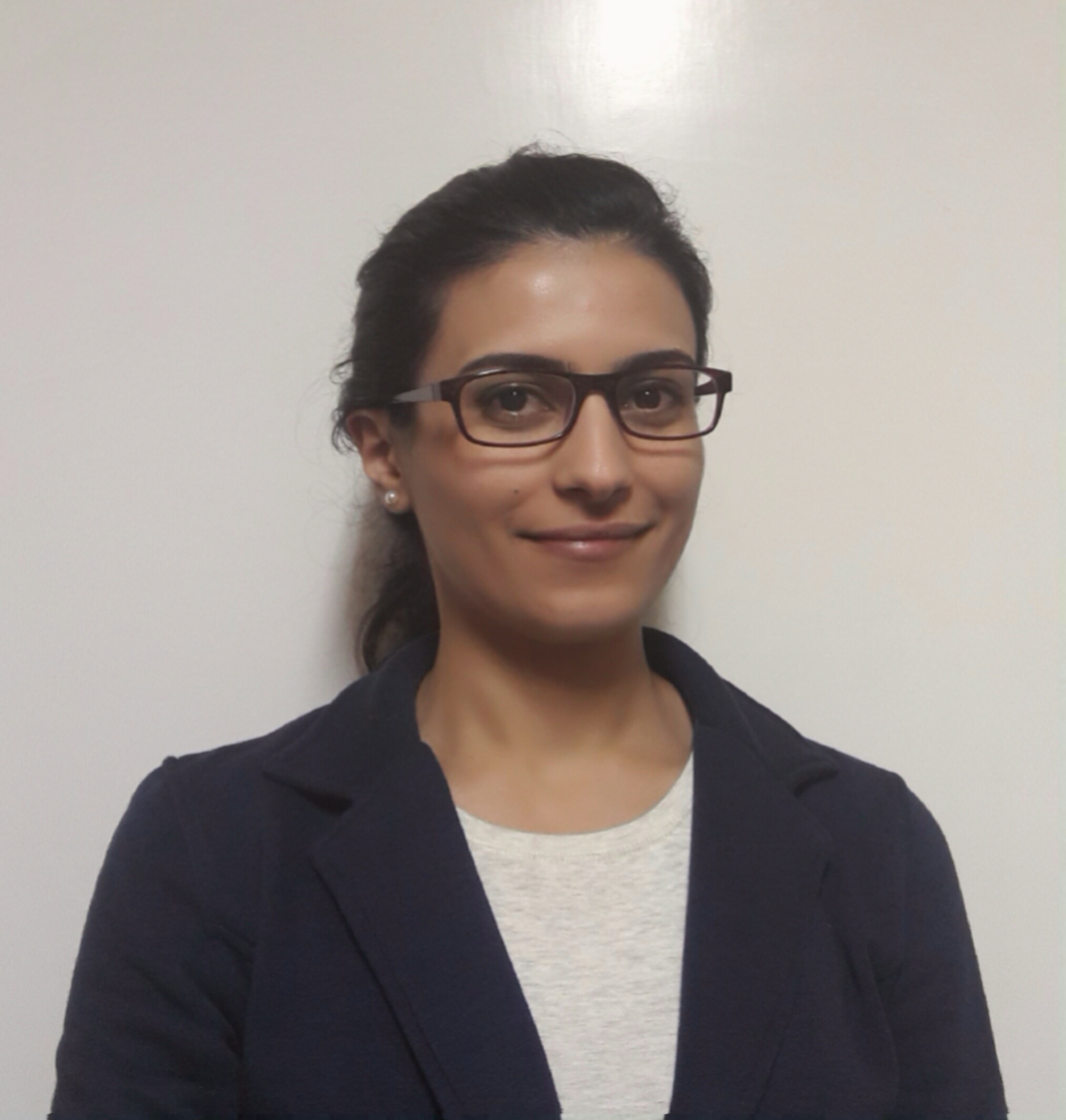
Chairperson for the Specialty Committee of Environmental Health